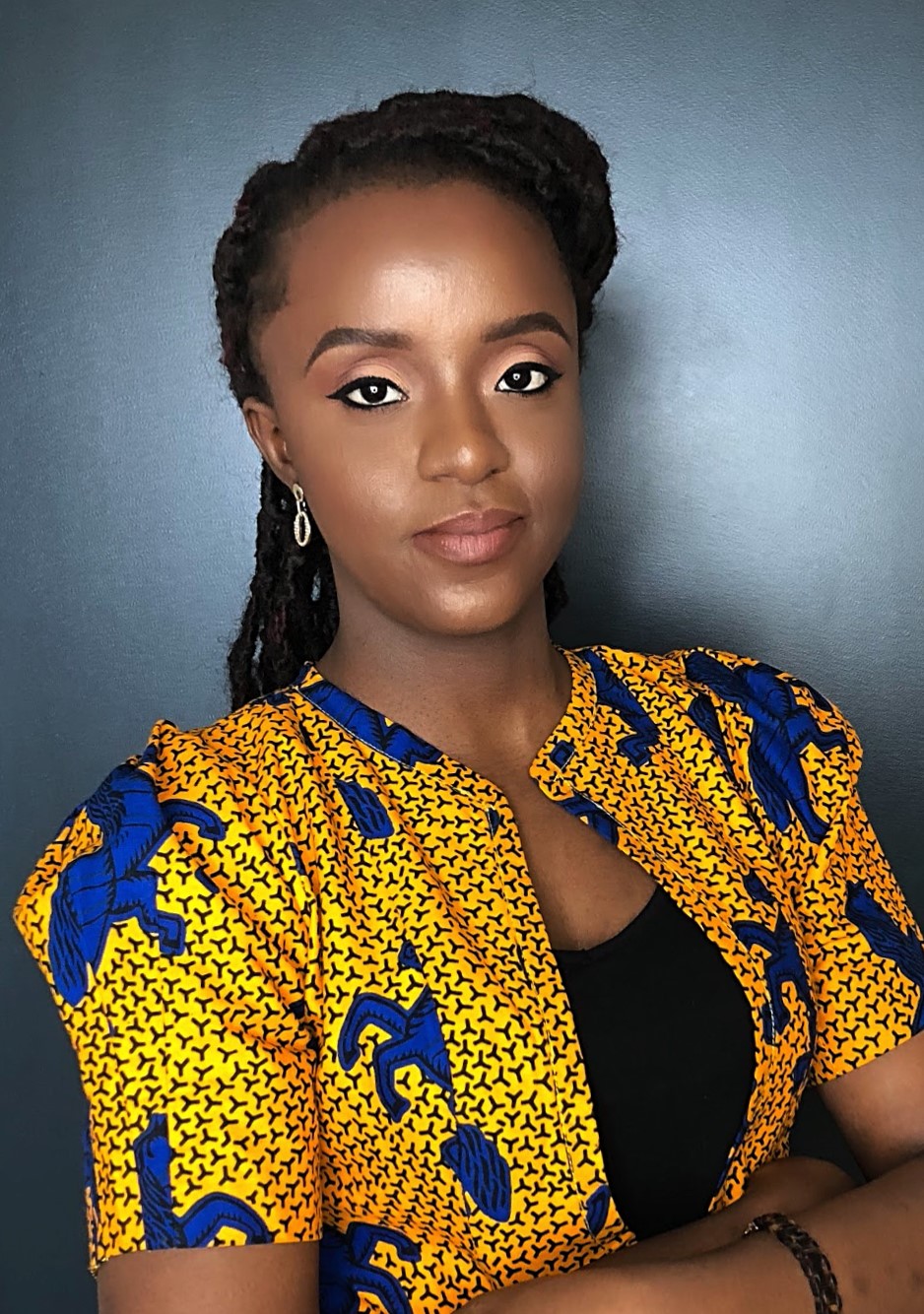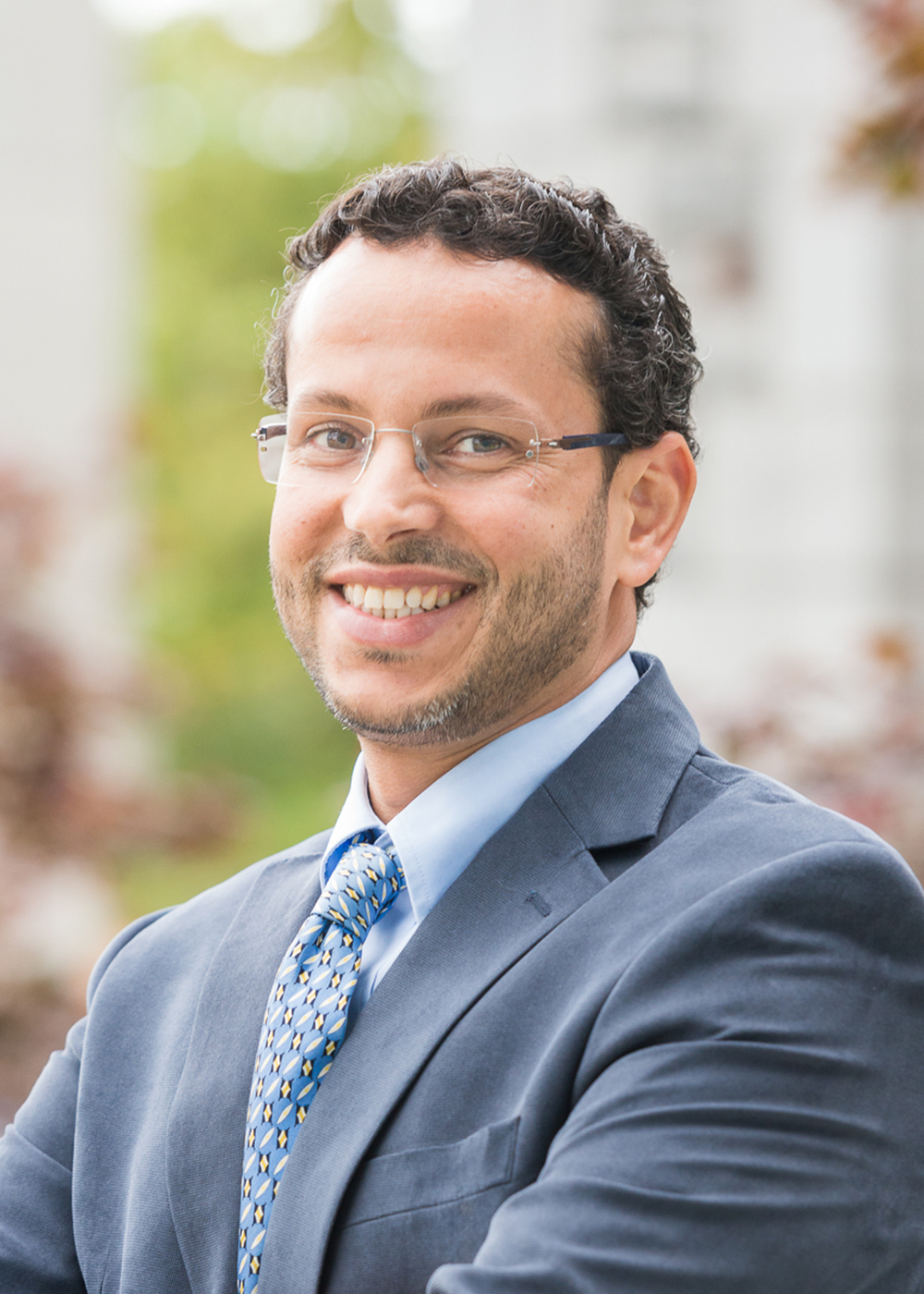How many languages can AI speak?


Ife Adebara, UBC Linguistics Doctoral Student | Photo credit: UBC Graduate and Postdoctoral Studies
How many languages can AI understand? Why is it essential for AI to think outside of English? These are just a few of the essential questions that Ife Adebara (PhD, Linguistics) explores in her work with iSchool Associate professor and Canada Research Chair in Natural Language Processing and Machine Learning, Dr. Abdul-Mageed.


Dr. Muhammad Abdul-Mageed, Associate Professor at iSchool
Supervised by Dr. Abdul-Mageed, Ife is part of a team working on deep learning and natural language processing. Through ground-breaking models such as AfroLID (a processor for 517 African languages) and ongoing work into other under-researched areas in this field, they are working to fill many pressing gaps in AI, such as information accessibility, language diversity and cultural preservation.
As of this article, Ife has already been featured in both UBC News and Global News, discussing at length the importance of creating tech that invites globally marginalized groups to engage with AI as it continues to evolve—in the most accessible way possible.
For more information, read UBC News’ article here or watch her interview on Global News.


